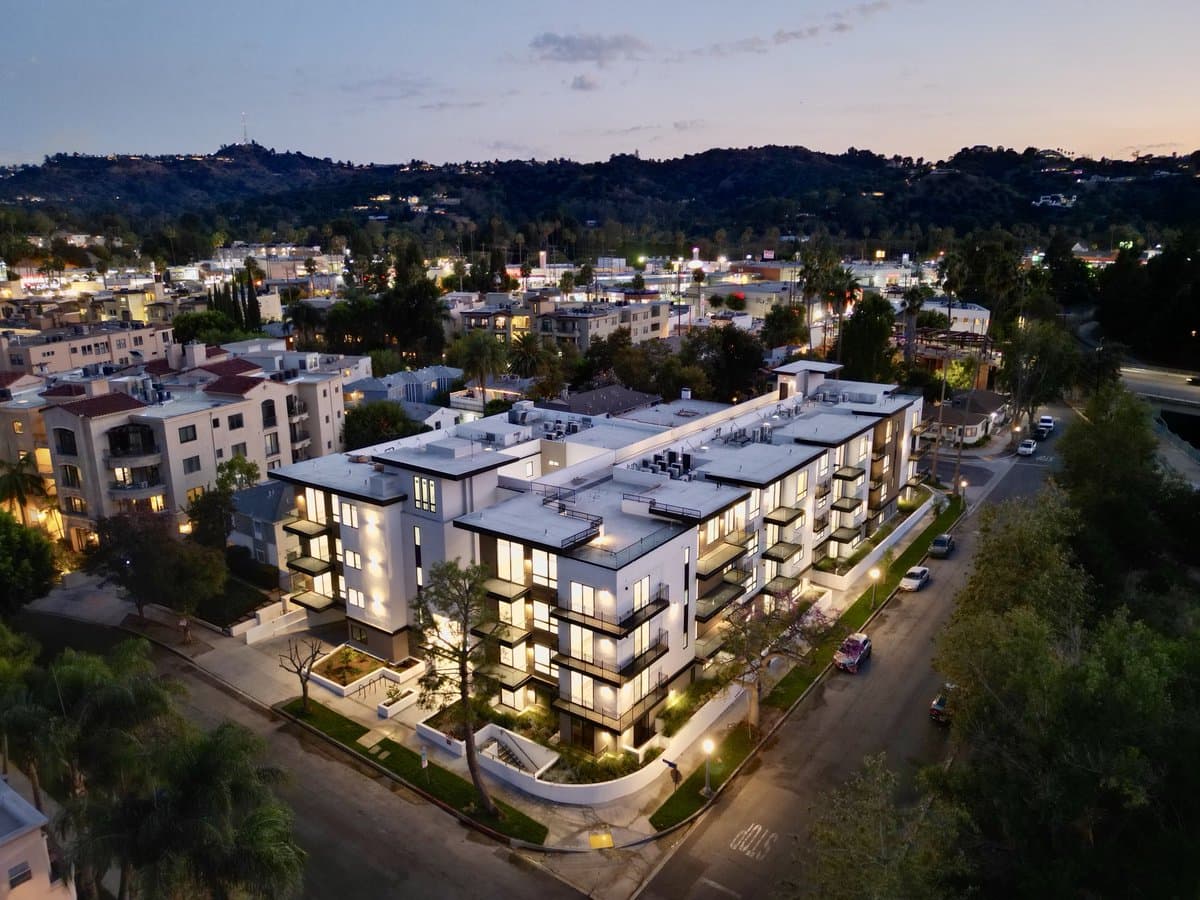Urban Planner Alleges LADWP's Lack of Accountability Hinders Crucial Housing Projects

Los Angeles, CA – Urban planner and housing advocate Michael Schneider recently voiced strong criticism against the Los Angeles Department of Water and Power (LADWP), asserting the utility's perceived lack of accountability significantly impedes the development of much-needed housing in the city. Schneider's comments, shared on social media, highlight a growing concern among developers and housing advocates regarding the utility's operational impact on construction timelines and costs.
"LADWP seems accountable to no one. And they really mess with desperately needed housing," Michael Schneider stated in the tweet, directly addressing the utility's perceived operational shortcomings. This sentiment reflects broader frustrations within the development community concerning the complexities and delays often associated with utility infrastructure.
LADWP, as the primary provider of water and electricity for Los Angeles, plays a critical role in all construction projects, including residential developments. Developers frequently cite challenges in coordinating with the large public utility, which can lead to substantial delays in connecting new housing units to essential services or upgrading existing infrastructure to support new projects. These delays often translate into increased costs and stalled progress on housing initiatives.
Schneider, known for his advocacy for sustainable urban development and affordable housing solutions in Los Angeles, has consistently pointed to systemic issues that complicate the housing crisis. His recent criticism underscores how utility-related hurdles contribute to the scarcity of available and affordable housing, a pressing issue for many Angelenos. The coordination required for infrastructure upgrades and new service connections can be a bottleneck, impacting both market-rate and affordable housing developments.
The utility has been engaged in ongoing efforts to modernize its aging infrastructure and improve service delivery across its vast network. However, critics argue that these internal processes and project timelines often fail to align with the urgent pace required for housing development in a city facing a severe housing shortage. The interplay between large-scale utility operations and the nuanced needs of individual housing projects remains a significant point of contention for stakeholders.